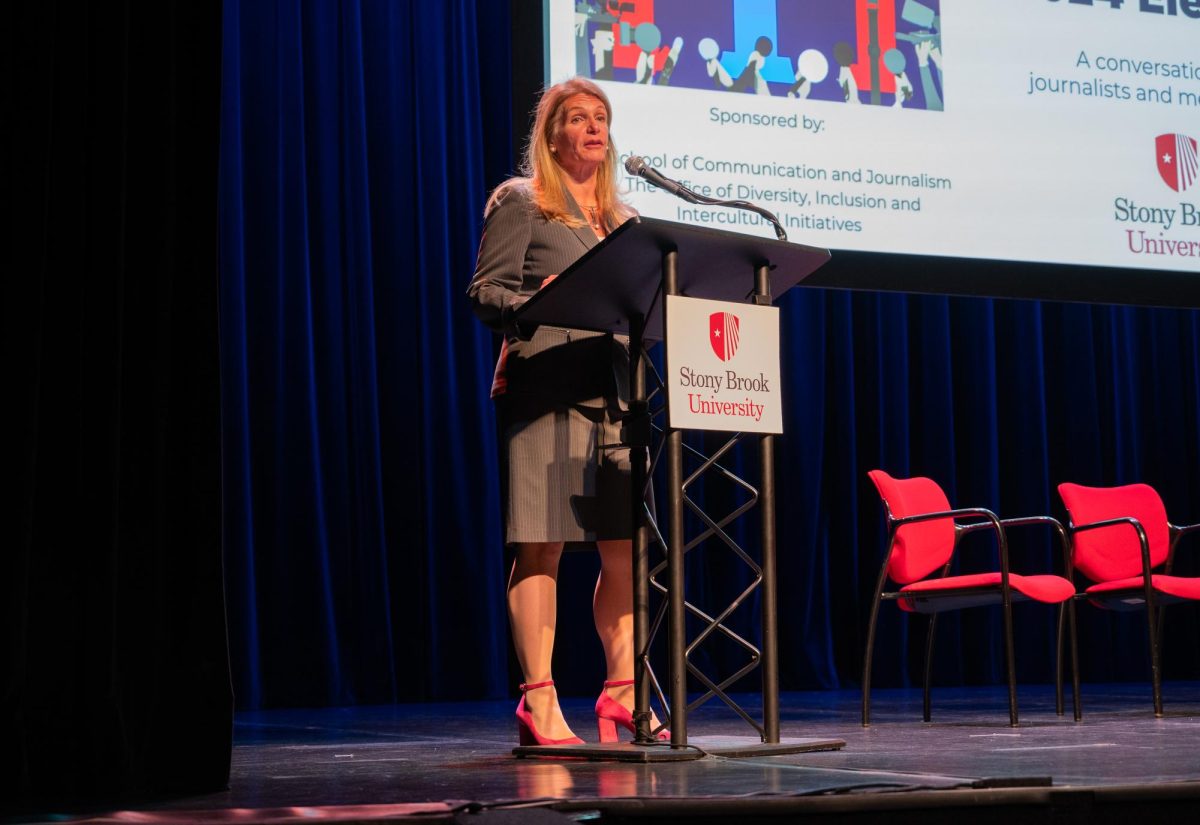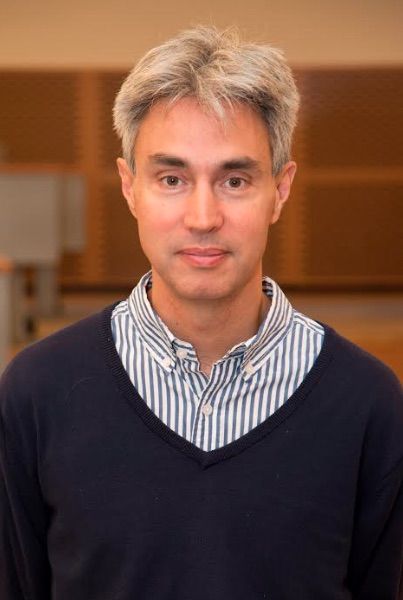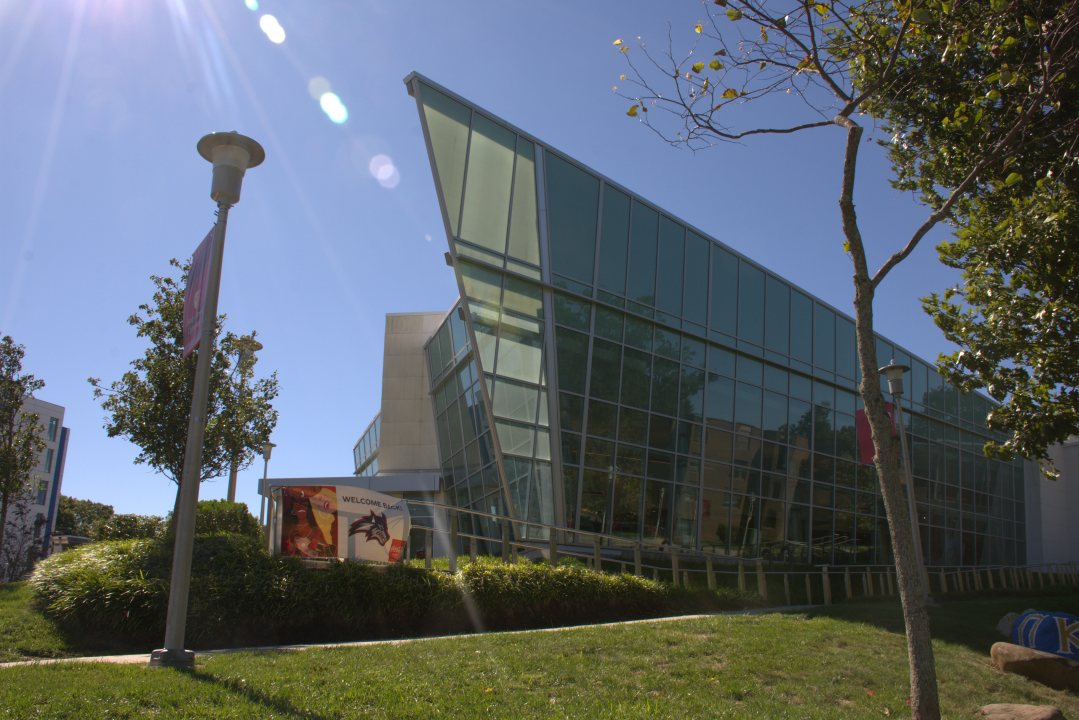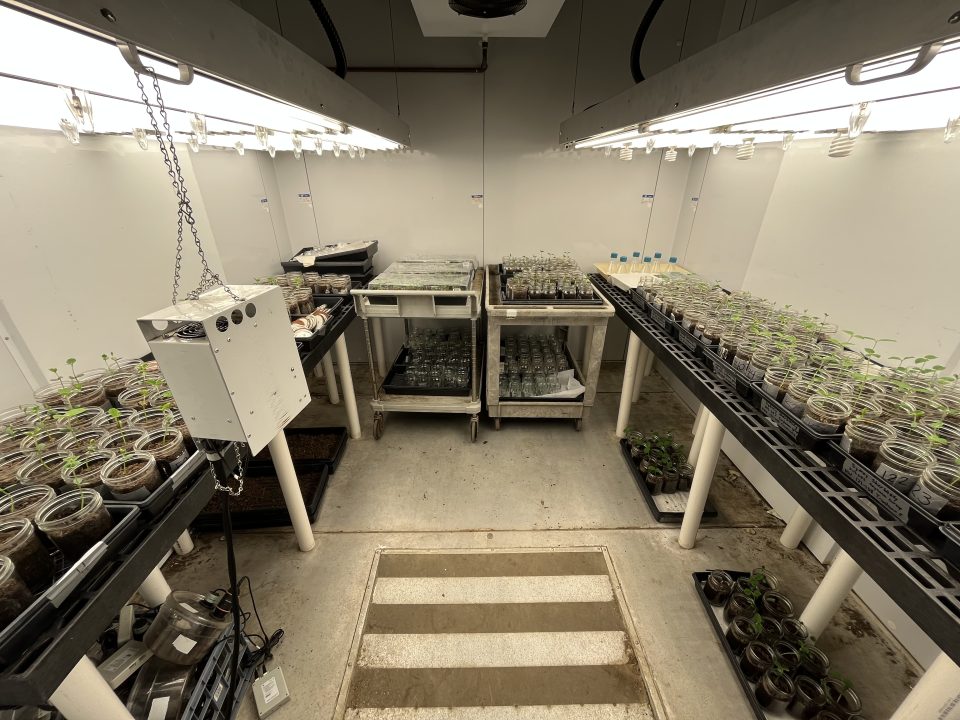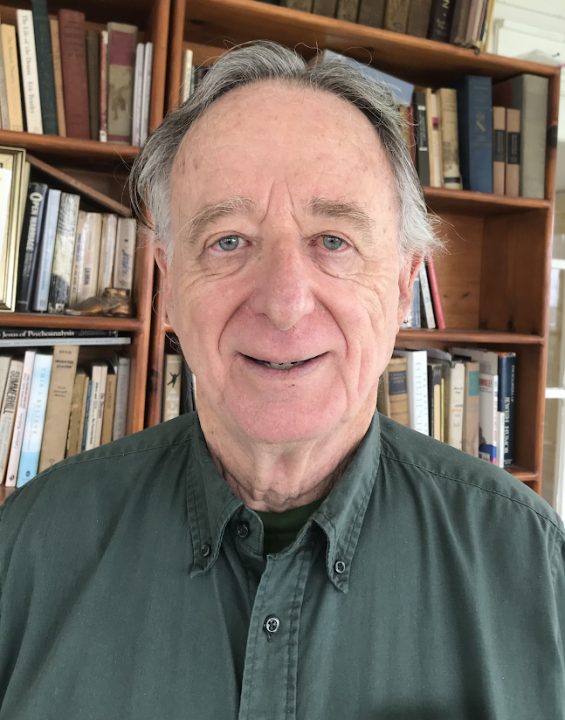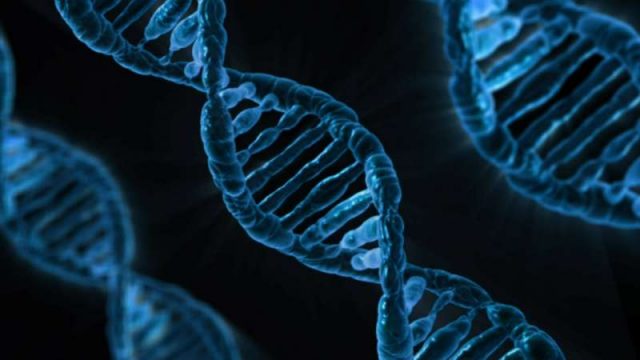
A Stony Brook University professor has received a fellowship to further her research into genetic mutations which cause infertility and neurodegenerative diseases such as Alzeihmer’s, Down Syndrome and Parkinson’s disease.
Nancy Hollingsworth, distinguished professor of biochemistry and cell biology, was named a 2020 fellow of the American Association for the Advancement of Science for her research on diploid cell division.
In 1994, Hollingsworth contributed to the discovery of the gene MSH-5, which carries sensitive genetic information and plays a crucial role in the understanding of human development. Now, she is looking to understand how to fix proteins in reproductive cells on a molecular level.
Diploids, or two complete sets of chromosomes, undergo mutations during a process known as meiosis. Meiosis occurs during reproduction in humans, but is difficult to analyze because of the sex cells involved.
So instead, Hollingsworth uses yeast in a process called Budding Yeast Saccharomyces Cerevisiae, where she cuts the yeast cells in a certain way to bring about a desired mutation in the yeast’s DNA.
Since yeast cells have strong similarities to that of human DNA and reproduction, studying the yeast model can help further understand the mutations in human DNA that cause infertility and neurodegenerative diseases. The method is popular among geneticists.
“With yeast, we have the advantage where we could grow the cells as both diploids, and haploids,” Hollingsworth said. “It’s as if we had sperm and we could grow it in the lab.”
In yeast, Hollingsworth can artificially change the cell’s DNA through genome modification, or trimming, of mutated genes. This helps prevent the continuous mutation of genes, the same mutations which would cause neurodegenerative diseases and infertility in humans.
“Sometimes people will say, why do you work on yeast? One of the reasons is because we can find things much more easily, which provides the starting point for other sciences that work on humans,” Hollingsworth said. “They now know what to look for.”
Her husband, Aaron Neiman, a fellow yeast researcher, professor and chair of the department of biochemistry and cell biology at Stony Brook University, said that his wife felt “acknowledged and proud for the work she did” that got her the distinguished fellowship.
“While the questions that my lab addresses are completely different to hers, we are both trying to understand yeast as a model so we can port that into the human system,” Neiman says.
Graduate student Andrew Ziesel has worked alongside Hollingsworth for nearly four years. He described how valuable the award is to her.
“It’s a prestigious honor for her to receive,” Ziesel said. “She’s contributed a lot to the field, and she’s been there since the very beginning as a graduate student [in 1983].”
Nowadays, gene editing has been receiving more recognition. Hollingsworth mentioned how her research is similar to a recent Nobel-Prize winning study, CRISPR Cas9 gene editing — which uses plants instead of yeast.
She says she hopes her research can be applied in the medical field and eventually go onto inform research to prevent neurodegenerative diseases and infertilities.







